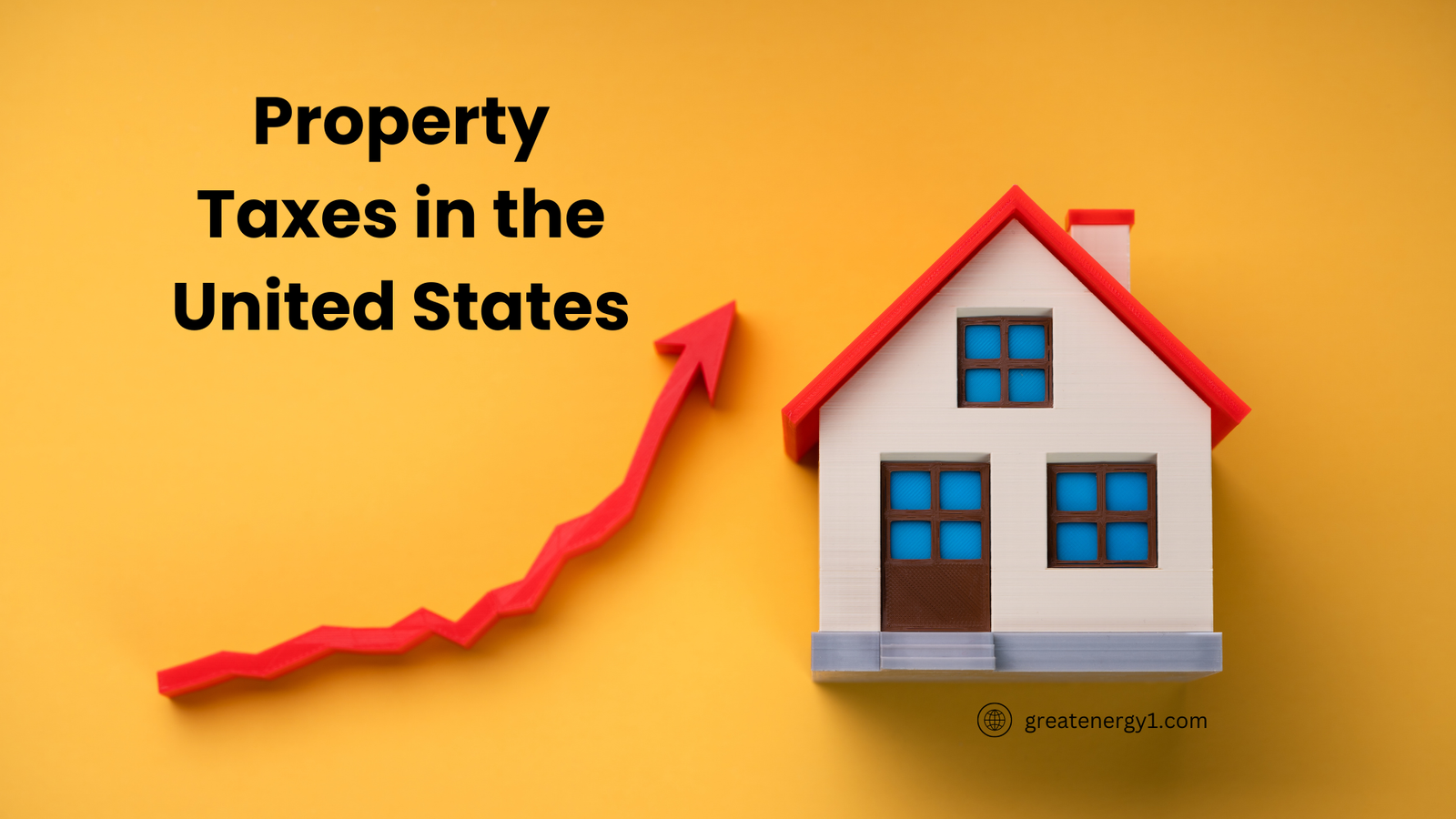You probably know about property taxes if you own a house or a business. Property tax in the United States is a tax paid based on property value. Local governments including gather it. Schools, roads, and hospitals among other things are funded with the money gathered.
Property taxes cause many people trouble and stress. This is so because every state has its laws and it can be difficult to know what one owes. Great Energy 1 Property Tax can assist you in navigating this.
Related Blog:
Tips To Reduce Your Electricity Bill
What Are Property Taxes?
Once you purchase a house in the United States, you have annual property tax obligations. Your payment amount will vary over time. Local services including roads, schools, and emergency services are funded in part by the money gathered from these taxes.
Definition And Purpose
Ad valorem taxes, sometimes known as property taxes, are paid on real estate, say buildings or land. Among other absolutely essential services paid for with the money are public schools, police, and fire departments.
State Vs. Local Taxes
Your location may cause you to pay different kinds of property taxes. These could originate in your state, county, or city. While some states exclude a state property tax, all states charge local property taxes.
How Often Do Tax Rates Change?
Your property tax might vary for a few different reasons:
- Local Government Budgets: Should the local government require more funds for roads or other services, they might raise property taxes.
- Property Improvements: Should you add a new room to your house, your taxes may be raised and the value of your house would grow.
- Market Conditions: Your property tax might also rise if the value of homes in your neighborhood rises.
State or local laws dictate whether or not tax rates are periodically reviewed.
The Two Types Of Property Taxes
There are two types of property taxes in the U.S.
- Real Property Taxes: These are taxes on land and the buildings on it. All 50 states charge real property taxes.
- Personal Property Taxes: These are taxes on things like machinery or equipment used for business. Only 43 states charge personal property taxes.
How Property Taxes Are Calculated
Three main factors control your property tax:
- Value of Your Home: This is the value of your home. It is usually calculated by looking at what similar homes in your area sell for.
- Mill Levy or Tax Rate: This is the amount of tax you pay for each dollar of your home’s value. Local governments set this rate.
- Exemptions: Certain groups, including seniors, could be exempt from taxes.
Property Tax Exemptions And Deferrals
There are several ways you can cut your property taxes. Some people could be qualified for tax exemptions. For example, If you are over 65, you may be able to wait to pay your property taxes. You can delay the payment until after you sell your house.
Factors That Affect Property Taxes
Several things can change how much you pay in property taxes:
- Property Value: Your taxes could increase if the value of homes in your neighborhood increases. If the values fall, your taxes might go down.
- Government Spending: Should the local governments require more funds, they could raise property taxes.
- Tax Laws: Additionally influencing your property tax payment is changes in tax laws.
Tips For Managing Property Taxes
- Read your tax bill to know: Review your property tax statement carefully to understand the computation of your taxes.
- Exemptions from Research: Search for exemptions or deductions for which you might be qualified—those for seniors or veterans, among other things.
- Appeal your assessment: If you feel your house is overpriced, you can appeal with your local tax office.
Related Blog:
Savings on Utility Expenses With Tax Exemption
Conclusion
For householders, property taxes can be a major outlay of funds. One should be aware of their computation and working principles. Appealing the value of your property or qualifying for exemption might help you to reduce your taxes if you believe they are excessive.
